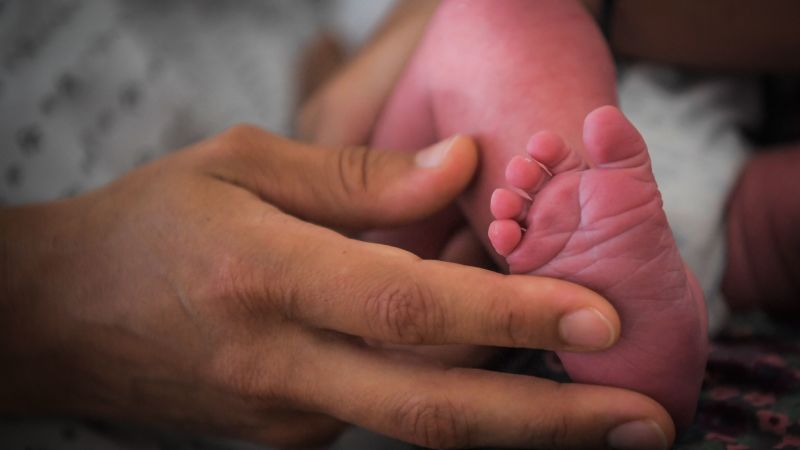
A new initiative under the Trump administration’s latest legislative package proposes a national “baby bonds” program, aiming to provide every newborn in the United States with a $1,000 savings bond. This ambitious proposal is designed to offer financial support to families and help children get a head start in life. However, the program has sparked a heated debate among policymakers and experts regarding its effectiveness in addressing generational poverty.
The announcement comes as part of a broader economic stimulus bill that the administration is pushing through Congress. The “baby bonds” program is intended to serve as a long-term investment in the nation’s future, providing children with a financial foundation that can be used for education, home ownership, or entrepreneurship once they reach adulthood.
Understanding the Baby Bonds Proposal
The concept of “baby bonds” is not entirely new. It draws inspiration from similar programs in other countries, such as the UK’s Child Trust Fund, which provided children born between 2002 and 2011 with a financial start. The U.S. version under the Trump administration seeks to ensure that every child born in the country receives this initial financial boost, regardless of their family’s income level.
According to the proposal, the $1,000 would be deposited into a government-managed account and accrue interest over time. The funds would become accessible to the child at the age of 18, potentially providing a substantial amount to aid in significant life expenses.
Critics Question the Impact
Despite the program’s potential benefits, critics argue that a one-time $1,000 deposit is insufficient to make a meaningful impact on the systemic issue of child poverty. Many experts believe that while the program may provide some financial relief, it does not address the root causes of economic inequality.
“While the idea of baby bonds is appealing, $1,000 spread over 18 years is unlikely to lift families out of poverty,” said Dr. Emily Carter, an economist specializing in social policy. “We need more comprehensive solutions that address income disparity and provide ongoing support.”
Opponents of the program also point out that the funds may not grow significantly enough over time to make a real difference in a child’s life, especially considering inflation and the rising costs of education and housing.
Historical Context and Comparisons
The idea of providing financial support to newborns is not unprecedented. In addition to the UK’s Child Trust Fund, similar initiatives have been proposed in the U.S. over the years. However, past attempts have often been stymied by political opposition and budgetary constraints.
For instance, former U.S. Senator Cory Booker proposed a similar “baby bonds” program during his presidential campaign, suggesting that each child receive an initial deposit of $1,000, with additional contributions based on family income. Booker’s plan aimed to narrow the racial wealth gap and provide a more equitable start for all children.
The Path Forward
As the Trump administration’s proposal makes its way through the legislative process, it faces significant scrutiny and potential amendments. Lawmakers are expected to debate the merits of the program and explore ways to enhance its impact.
Meanwhile, advocacy groups continue to push for more comprehensive measures to tackle child poverty, emphasizing the need for policies that provide ongoing support, such as expanded child tax credits and increased access to affordable childcare.
According to a recent report by the Children’s Defense Fund, “Investing in children is not just a moral imperative but an economic necessity. We must ensure that all children have the resources they need to thrive.”
Implications and Future Considerations
The introduction of the “baby bonds” program represents a significant step in the ongoing conversation about how best to support American families and reduce economic disparities. While the proposal has its critics, it also highlights the growing recognition of the need for innovative solutions to long-standing social issues.
As the debate continues, policymakers and advocates will need to consider the broader implications of such programs and explore complementary measures that can work in tandem to create a more equitable society. The success of the “baby bonds” initiative will ultimately depend on its ability to adapt and expand to meet the diverse needs of the nation’s children.






